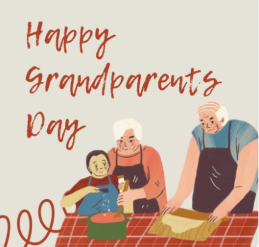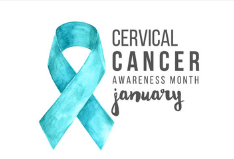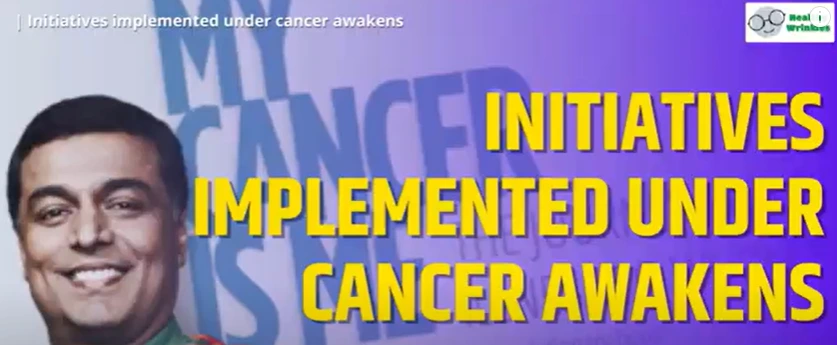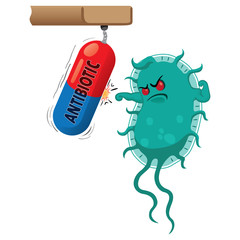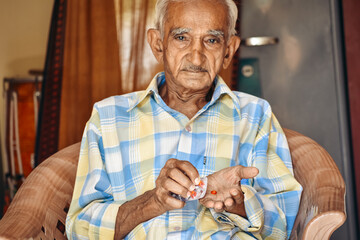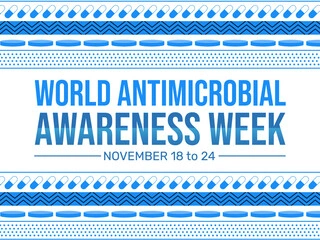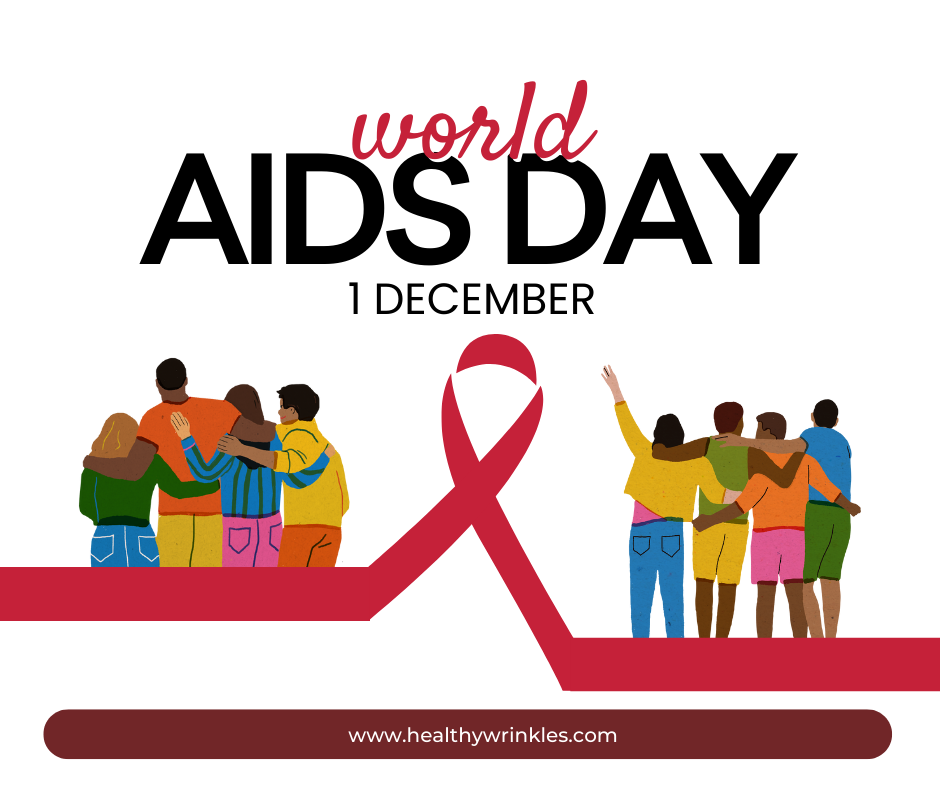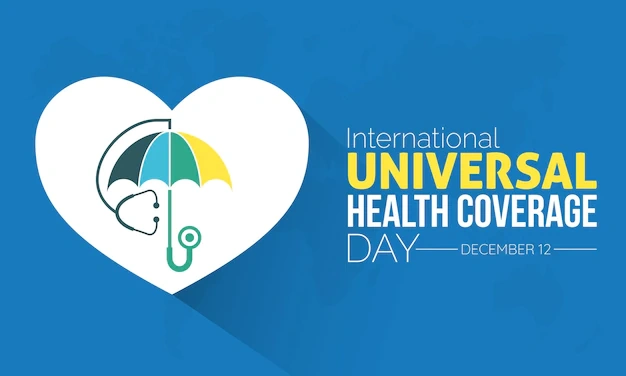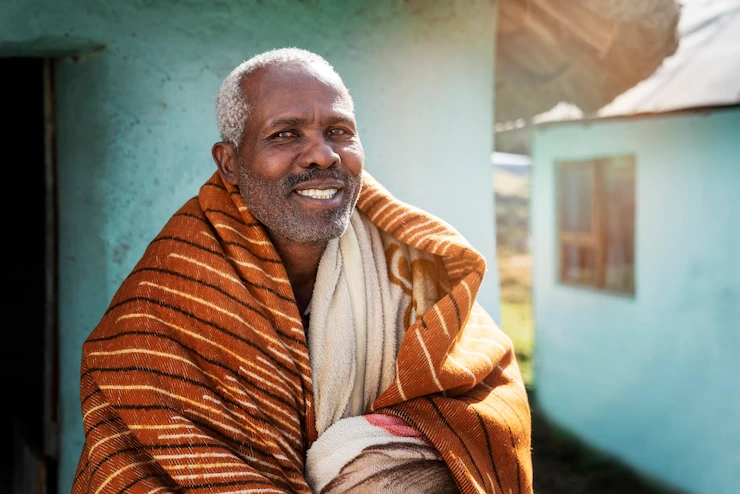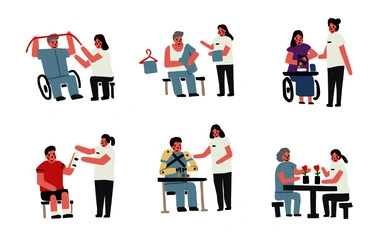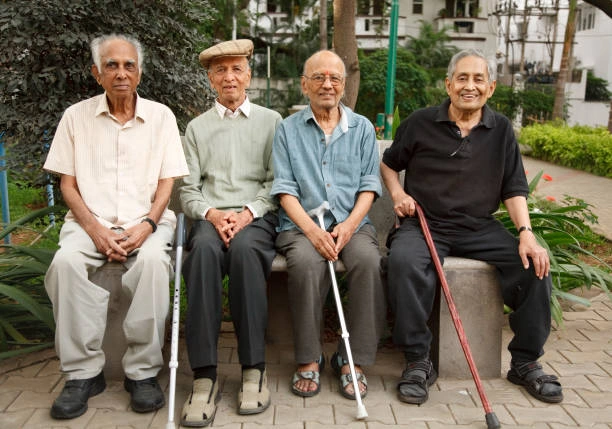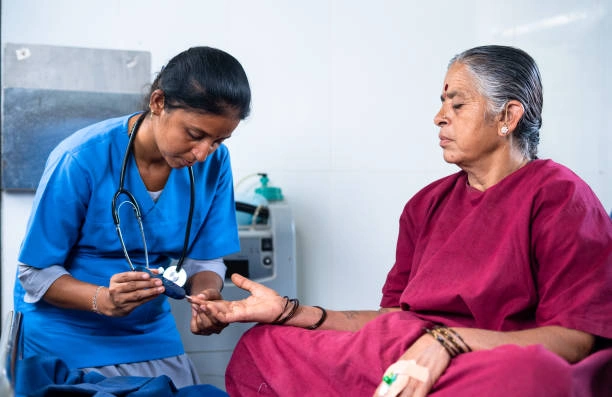The Role of Trained Personnel in Managing Chemotherapy for Seniors with Cancer
01-10-24
Cancer is a challenging disease that affects people of all ages, but it can be particularly difficult for seniors. Chemotherapy is a common treatment for cancer, but it can have severe side effects that make it challenging for seniors to manage on their own. Registered nurses and medical assistants play a crucial role in managing chemotherapy for seniors with cancer, providing support and care to help them through this challenging time.
Registered nurses and medical assistants are specifically trained to manage chemotherapy for seniors with cancer. They work closely with doctors and other healthcare professionals to develop personalized treatment plans that take into account each senior's unique needs and medical history. These plans may include specific medications, dosages, and scheduling, as well as strategies for managing side effects and monitoring progress.
One of the primary responsibilities of registered nurses and medical assistants is to monitor seniors' vital signs and symptoms during chemotherapy treatments. They are trained to recognize signs of adverse reactions, such as fever, chills, nausea, and vomiting, and can quickly respond to these symptoms to prevent further complications. They can also administer medications to manage these symptoms and help seniors feel more comfortable during their treatments. Watch this amazing video from our experts on complementary approaches to cancer.
In addition to monitoring vital signs and symptoms, registered nurses and medical assistants also provide emotional support and education for seniors and their families. They can explain the benefits and risks of chemotherapy, answer questions about treatment, and provide tips for managing side effects. They can also provide guidance on nutrition and lifestyle changes that can help seniors feel better and stay healthy throughout their treatment.
Registered nurses and medical assistants can also help seniors with chemotherapy-related tasks, such as managing feeding tubes, administering intravenous (IV) medications, and changing dressings. They can also help seniors with mobility issues, such as getting in and out of bed, walking, and transferring to and from wheelchairs.
Overall, the role of trained personnel in managing chemotherapy for seniors with cancer is essential. They provide critical support and care that can help seniors manage their treatments and improve their quality of life. With the help of trained personnel, seniors with cancer can focus on their recovery and well-being, knowing that they have a team of dedicated professionals on their side. Healthywrinkles has a lot of expert content and listings of various senior care professionals.
